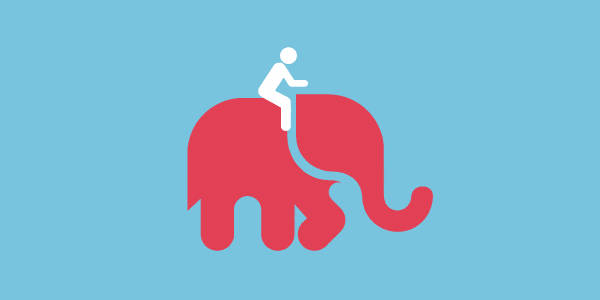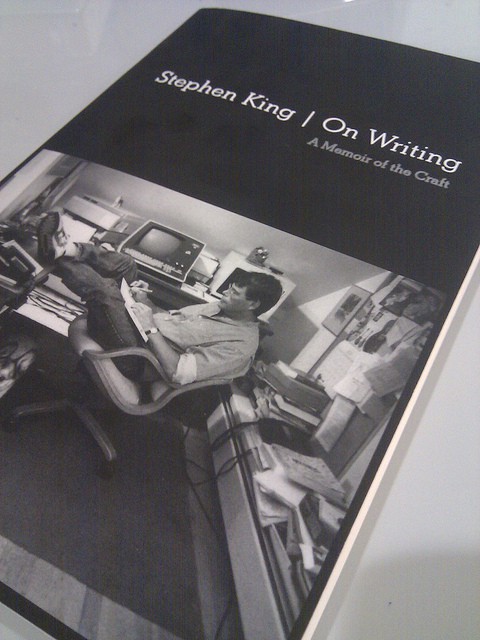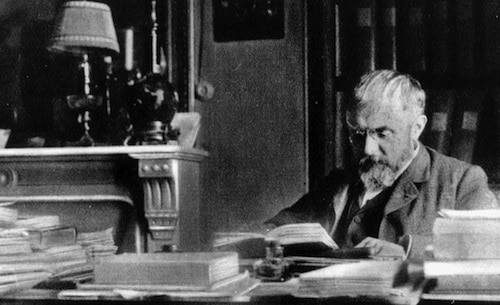
A Useful Metaphor
In the first chapter of The Happiness Hypothesis, Jonathan Haidt introduces the metaphor of the rider and the elephant. When trying to conceptualize his own weakness in the face of his best intentions, he explains:
I [am] a rider on the back of an elephant. I’m holding the reins in my hands, and by pulling one way or the other I can tell the elephant to turn, to stop, or to go. I can direct things, but only when the elephant doesn’t have desires of his own. When the elephant really wants to do something, I’m no match for him.
Ever since I first read these words, they stuck with me as useful for understanding the working world in particular. The whole edifice that we now call “productivity advice” distills, I realized, to instructions for cajoling the elephant. If you’re not firm, it’ll do what it wants to do.
It’s against this backdrop that I present the following truism about this metaphorical quadruped: if you’re not exceptionally clear about where you want it to go, it will wander.






